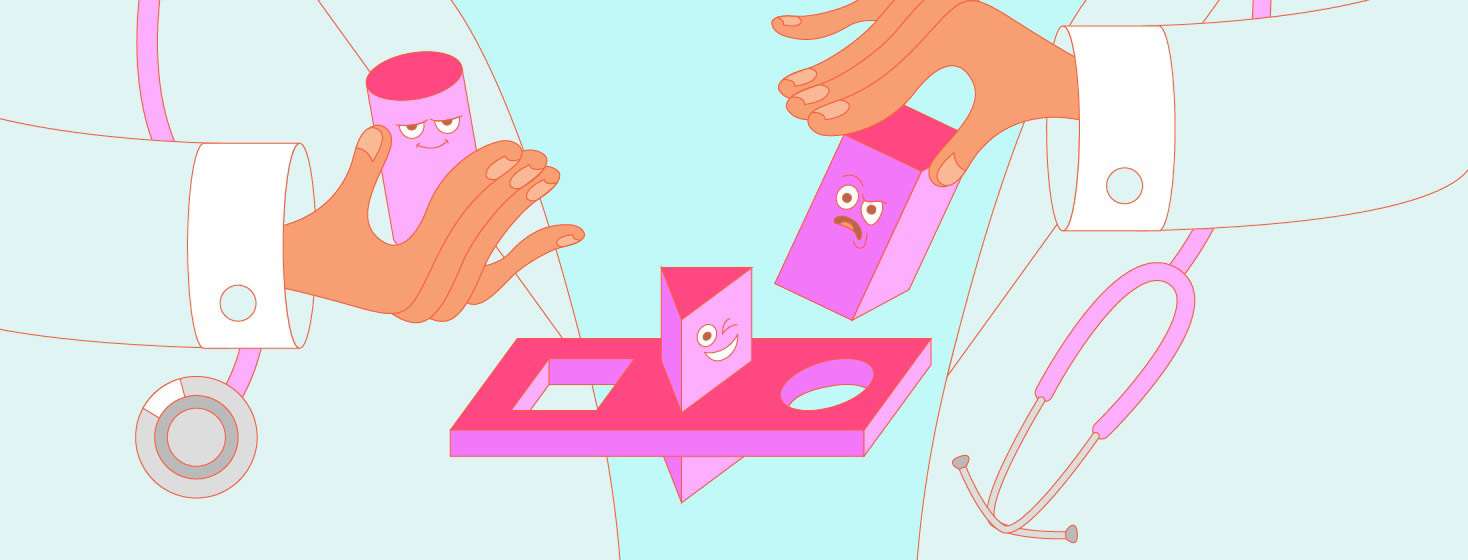Juvenile Arthritis in Adulthood: Talk About Confusing!
I’m old enough to claim that I had to walk ten miles to school both ways in a snowstorm every day, but I’m not too old to have a disease with the word "juvenile" in it.
When I was much younger I would tell people that I had arthritis and they would inevitably say, “You are way too young for that!” And, every time, I would reply, “I agree!”
Now, the confusion isn’t that I’m too young; it’s that I have a “young persons' disease” in my mid-life.
How is JIA different from RA?
The confusion about my disease that I’ve encountered my whole life is confounded.
Unlike rheumatoid arthritis (RA), juvenile idiopathic arthritis (JIA) isn’t one disease. Instead, it has seven subtypes. Each of these types obviously has different courses and outcomes, and some subtypes are more serious than others.
I’ve heard many a time about someone’s niece, friend, acquaintance, etc., who “grew out of” her disease, in response to hearing about mine, not understanding that we are talking about two different things.
Similar treatment options
Once a person transitions from pediatric care, the usual situation is that the new rheumatologist will basically treat their JIA patient as if they have rheumatoid arthritis.
In fact, as I write this, I realize that I’ve never actually been told what JIA subtype I have, which means I really have never been told what disease I have!
Juvenile idiopathic arthritis isn’t rheumatoid arthritis. But, we get very similar treatment because medical science doesn’t know what else to do with us and the treatments work for many people.
Different disease considerations
But, as a 52-year-old woman with JIA, I have growth issues, (i.e. one arm three inches longer than the other) and erosions that I got as a kid. This means that my functional impairment will look different than my RA peers. This is why my rheumatologist and I have different conversations. We worried about osteoporosis much earlier, for example.
Connecting with other adults with JIA
About a year ago, a couple of my RheumatoidArthritis.net colleagues and I decided to have a monthly phone call so we could bounce ideas and experiences off each other as we age with JIA.
Our shared experiences
We laugh a lot because our experiences are so similar, and find that many of the questions we have about our disease and our lives are questions that we have to figure out ourselves.
I’ve also realized just how different our lives have been socially and emotionally because of the pain and disability that came into our story at such a young age.
Growing into adolescence is hard enough without having to add pain and dysfunction. And without support, the confusion that this brings can lead to mental health issues.
I internally thank my JIA friends every day because I finally have the support I’ve needed my whole life, and I realize that if I’d found this support earlier my whole life would have made more sense!
I'm glad to have found support
The bottom line is that we all have our unique challenges and know of the confusion that these challenges bring. For me, it always feels better to acknowledge reality as it is instead of telling a story to make myself feel better.
My reality is that being an adult with JIA is confusing and hard, and I’m glad that I finally found support along the way, even if I haven’t found a ton of answers.

Join the conversation